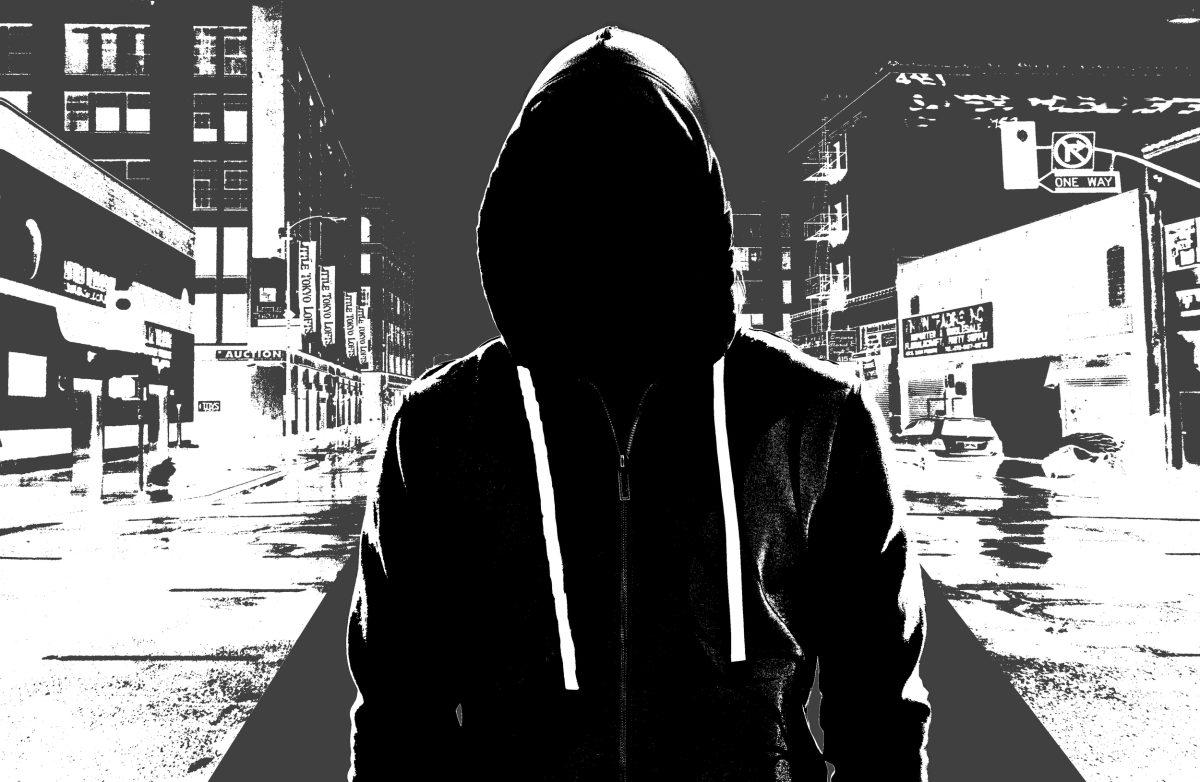It’s no secret that race is a hard thing to talk about in any community. There are always implications and any word can be a dagger used to destroy the initial speaker. In February, the Sonoma State University theatre arts and dance department, in collaboration with Black Scholars United and The HUB, have found a way to change that with the power of the stage. In less than a month,“Facing Our Truth” will help open up this typically tough conversation topic.
“Facing Our Truth” is a series of six, 10-minute plays written by Dominique Morisseau, A. Rey Pamatmat, Winter Miller, Dan O’Brien, Mona Monsour, Tala Manassah and Marcus Gardley. This show had a fairly unique creation process, after the death of Trayvon Martin and after the jury acquitted his shooter, George Zimmerman.
A group of playwrights were asked to create several short plays on the topic of race and privilege. Now the Sonoma State theater department has brought these short plays to campus.
According to Scott Horstein, a theater professor at Sonoma State University and the play’s show runner, “The goal is to create conversation on this campus. That is why the show is free, not only for students, but for any of the public interested in going as well.”
At any particular viewing of “Facing Our Truth” an audience member will see six different short plays in a staged reading setting, which means scripts in hand with minimal sets and movement from the actors.
Each of these six plays are vastly different from the other. Anywhere from a simulation where a white woman experiences life as a black male, to a full-blown 10-minute musical composed by 2013 Grammy Award-winning composer Quetzal Flores.
Despite the flashy songs or plot devices, the focus is still on conversation and that’s why after each performance there is a facilitated talk with the directors, cast and audience.
Horstein urged viewers to, “come prepared to think and feel.” It seems like the show’s goal is not just to entertain its audience, but also to really change them. “It’s an event that creates community on campus,” said Horstein.
The series of short plays are used as an entryway into real issues.
“It opens up a little more leniency in terms of what we can actually talk about,” said Audrey Rink, one of the play’s actors. “There is a certain belief that this series of plays will make its viewers more comfortable with one of our society’s more taboo topics. Race is obviously one of the harder subjects to tackle especially in schools.”
“It’s going to put people closer to the issue and open their eyes a bit more than what the news and the Internet can do,” said actor Rose Kingfisher, “and hopefully it will spark a discussion here that makes them reflect more than they normally would.”
Each of these actors may only appear in a few of these six plays, but the issues are still prevalent in their minds.
“It is such a relevant issue of our time and I think we are going to have to look back at the time we are dealing with and need to know how to deal with it,” said Kingfisher.
“Facing Our Truth” is a unique theatrical experience that helps tackle one of the toughest subjects. Rink said, “One person can’t change the world, but you can be the one who plants the seed for more people to collectively make a change.”
“Facing Our Truth” hits the stage Feb. 20-22 and March 6-7 in Ives Studio 76.



































